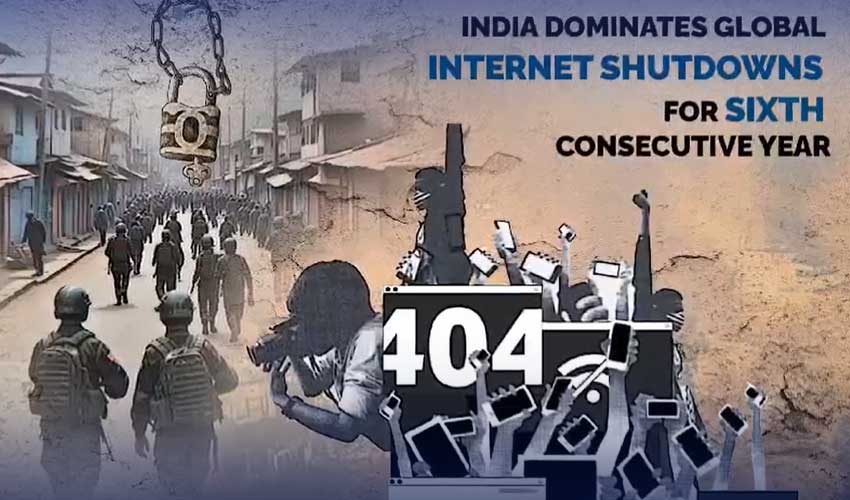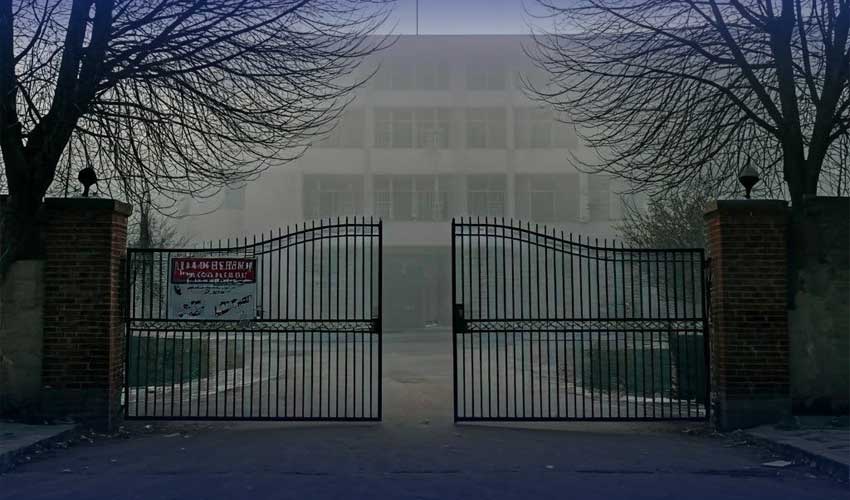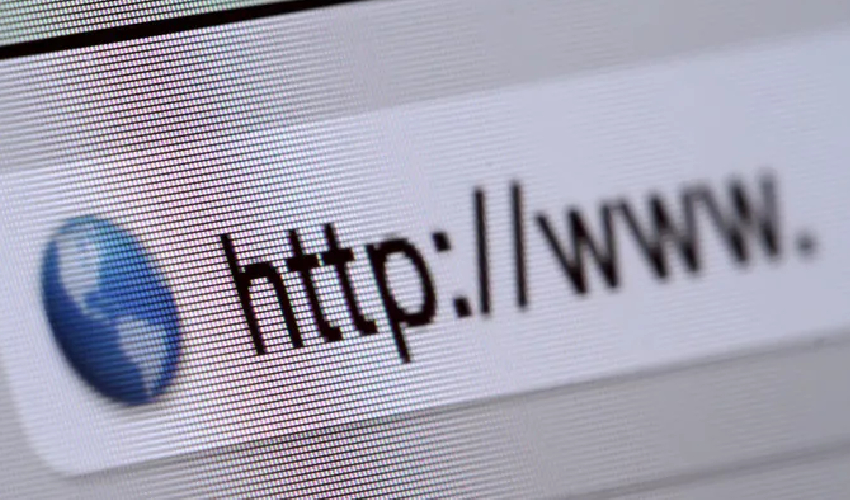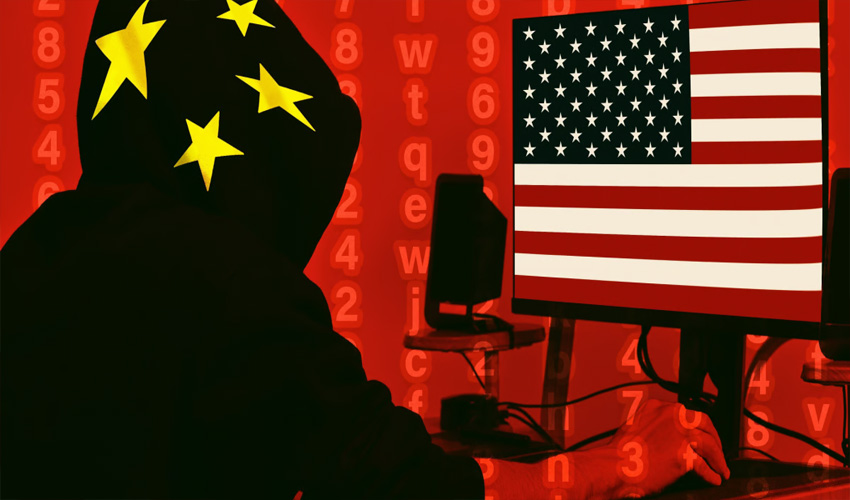India has once again led the world in internet shutdowns, marking the sixth year in a row it has held this position. In 2023 alone, Indian authorities issued 116 internet shutdown orders out of the 283 recorded globally.
This has drawn significant criticism, especially regarding the suppression of freedom of expression in the world's largest democracy.
A report highlighted that Jammu and Kashmir, a region of persistent conflict, experienced 17 internet shutdowns last year.
The Modi govt’s increasing reliance on internet blackouts to address various issues has raised concerns about its impact on India's democratic values.
One of the most severe incidents in 2023 was the 212-day statewide internet blackout in Manipur, which affected about 3.2 million people.
Also read: BJP leverages anti-Pakistan rhetoric in election strategy
Additionally, continuous outages in Haryana and Punjab disrupted the lives of around 27 million people.
These shutdowns primarily targeted mobile networks, which serve about 96% of Indians, leading to widespread disruption in daily activities, communication, and access to information.
The economic impact of these shutdowns has been profound. Prolonged blackouts have resulted in unemployment, hindered access to new income streams, and negatively impacted the country's investment climate.
Marginalized communities were particularly hard-hit, as their opportunities for economic advancement were severely restricted.
Critics argue that these actions by the Modi govt unjustifiably restrict the right to freedom of expression.
Ramanjit Singh Cheema, Asia Pacific Policy Director, commented, "The Modi govt talks about Digital India, but constant internet outages are holding the country back."
In 2022, India also topped the global list, with 84 out of 187 recorded internet outages occurring within its borders, including 49 instances in Jammu and Kashmir alone.
The increasing frequency and duration of these shutdowns have tarnished India’s democratic reputation, highlighting the need for a balance between security concerns and the protection of civil liberties.



























